2021 in numbers: face coverings, floods, sugar and salt
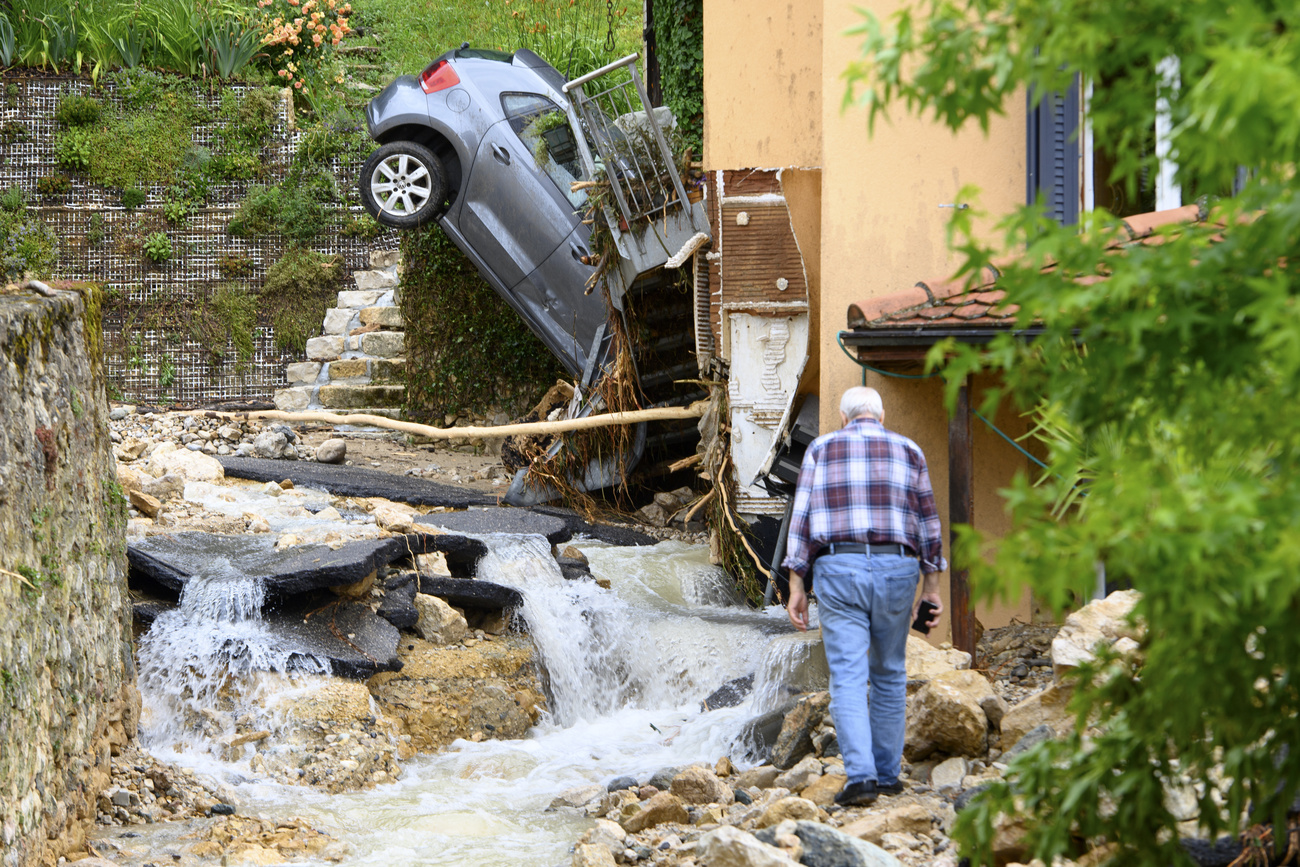
Here’s a look at 12 surprising statistics from some of our most interesting and popular stories from the past year.
Covid continues to dominate media coverage around the world, of course; all of our most-read stories were connected to the pandemic. This article will ignore the vast amount of data – daily infections, hospitalisations, deaths, vaccination rates – released by the government on an almost daily basis. For those, read Coronavirus: the latest numbers.
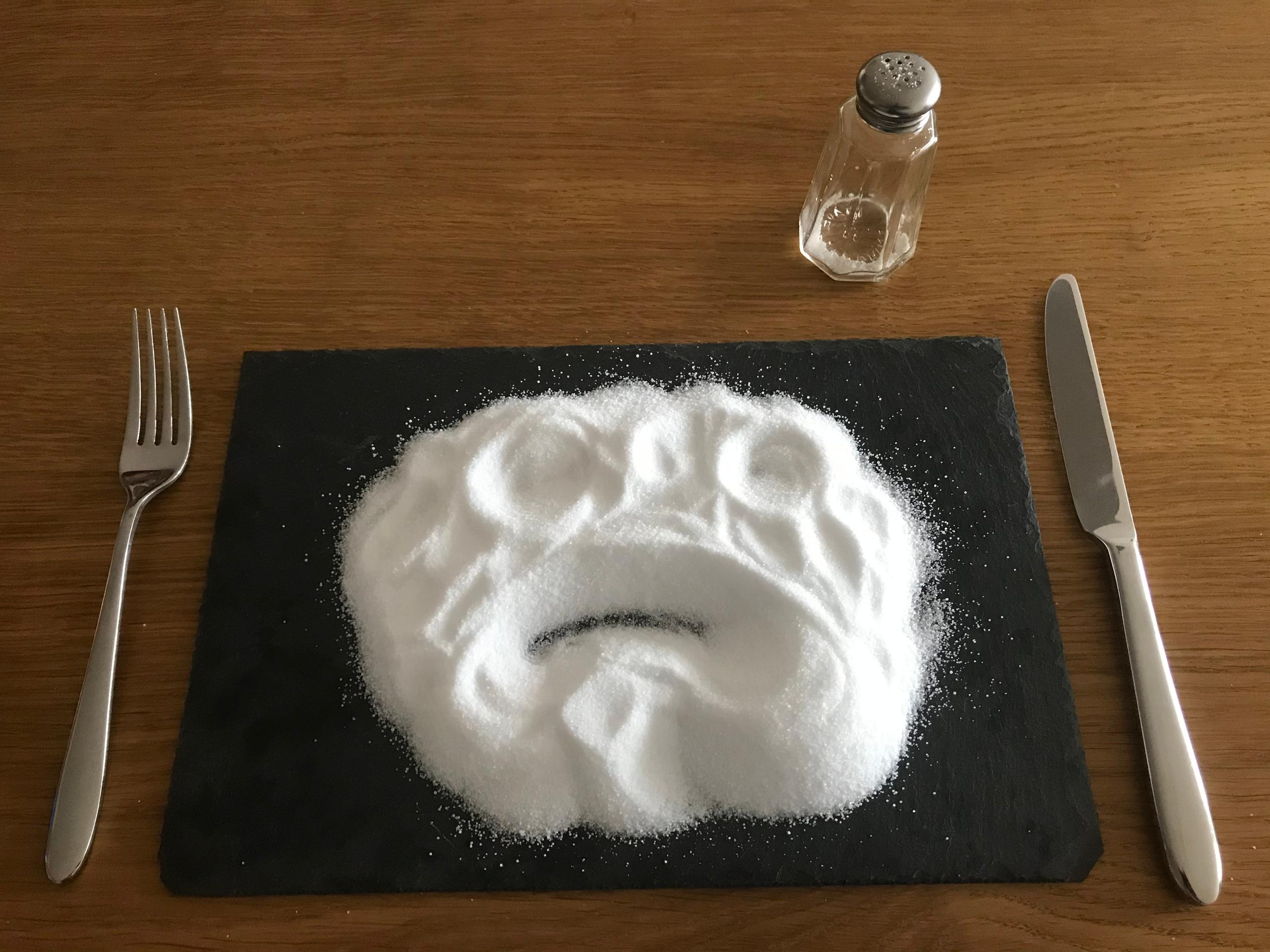
January
50
Swiss residents may import up to 50kg of table salt a year for their personal consumption – this is one of many eye-catching facts in our multimedia specialExternal link on one of Switzerland’s few locally sourced raw materials. The longform is full of information about the country’s history of salt mining and trading (not to mention smuggling), although if you’re getting through a kilo of the stuff a week, you’ve probably got other concerns…
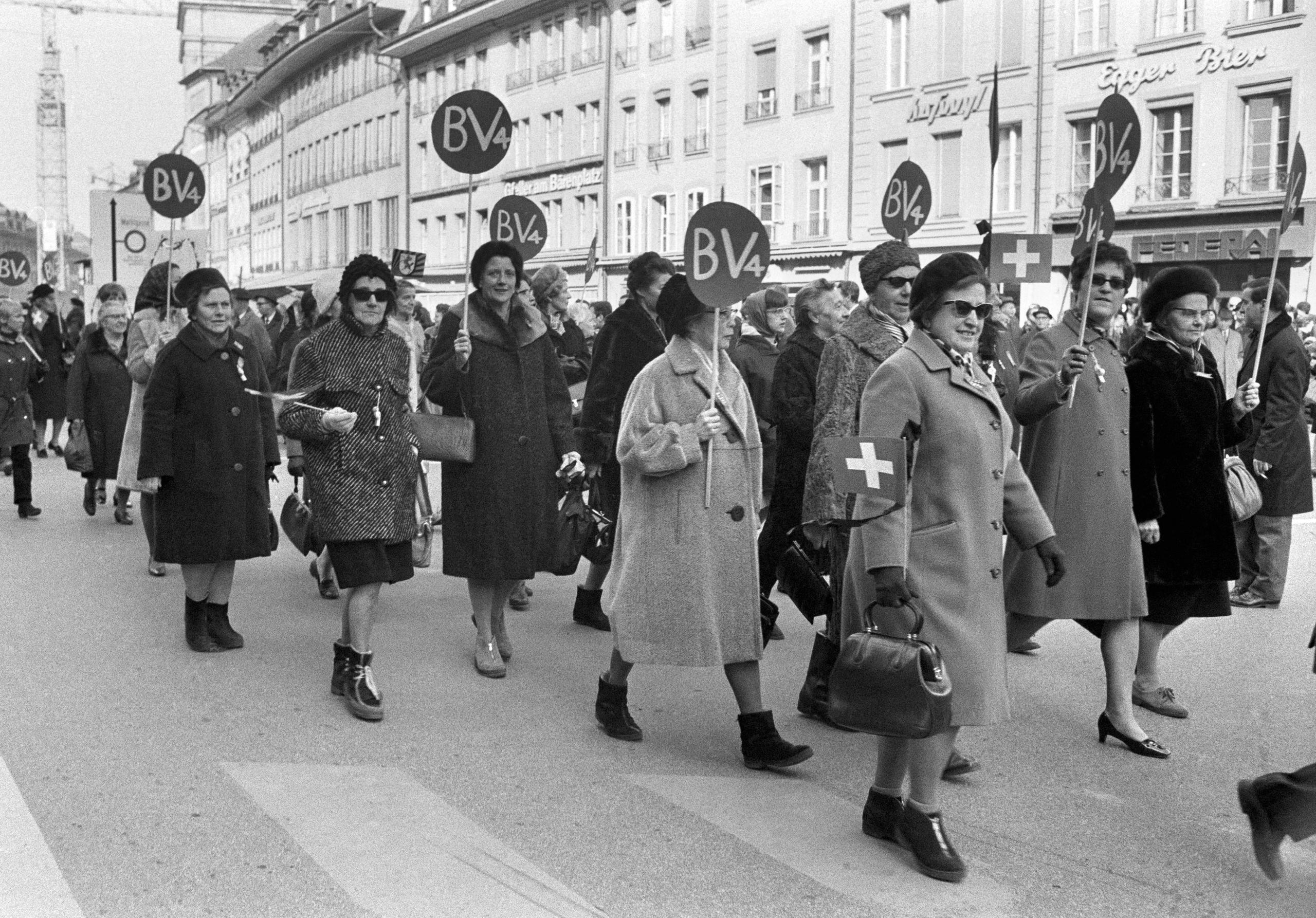
February
50
It never fails to amaze outsiders that Swiss women have been able to vote for only 50 years – 30 years in one canton! On February 7, 1971, Swiss men finally voted to give women a political voice (having rejected the idea in 1959). To mark the anniversary, we produced a series of articles, videos and galleries, plus a podcast. We also spoke to Hanna Sahlfeld-Singer, one of the first women to be elected to parliament in 1971, and four women from canton Appenzell Inner Rhodes who remember casting their first vote on April 28, 1991.

March
51.2
Another vote that attracted international attention was on whether to ban face coverings in public. After a heated campaign, 51.2% of voters said “yes”. The change to the constitution will apply to the Islamic burka and niqab but not to face coverings worn for security, weather or health reasons (hence Covid face masks are legal). Burkas and niqabs will still be allowed in places of worship. The UN was quick to condemn the ban as “discriminatory and “an invasive restriction of fundamental freedoms”.

April
21
The Swiss have a reputation as a nation of polyglots – in a recent survey 21% of people said they regularly use three languages (1.7% regularly use five) – but it’s not unusual to hear Swiss people from different parts of the country chatting away in English. Not everyone is happy about this, but does using English as a lingua franca benefit national cohesion or harm it?
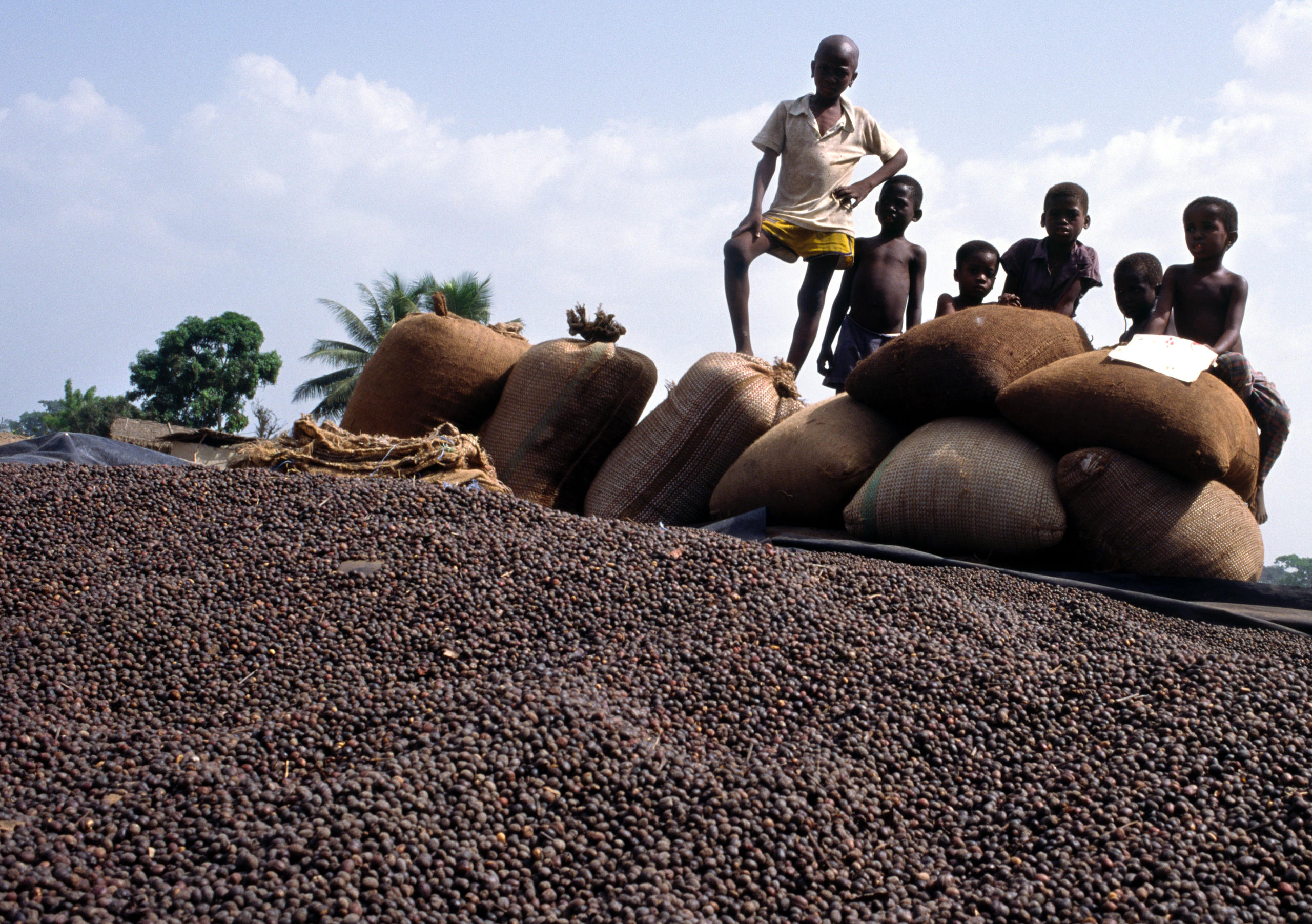
May
152,000,000
“Is child labour really that bad?” What kind of question is that? Some 152 million children around the world are classified as child labourers, half of whom are involved in hazardous work. However, the situation is more nuanced than you might think. Could banning children from doing certain kinds of work actually leave them worse off? We examined the complicated relationship between large Swiss chocolate companies and the harvesters of cocoa pods in Africa.

June
12
Another often oversimplified relationship is that between hunters and animals. Ahead of a vote in canton Graubünden on banning children under 12 from joining the hunt, the maker of a new documentary on hunting – who is also a forester and hunter – explained his lifestyle and said he was trying to open viewers’ eyes to a world which “hardly anyone understands”. As it turned out, 79% of voters rejected the ban.

July
5
Wet, wet, wet. Unrelenting rain this summer resulted in countless roads and cellars being flooded across the country. Although the highest danger warning – level 5 – was declared for various lakes, no fatalities were reported. Switzerland got off relatively lightly compared with neighbouring Germany, where almost 200 people died.

August
360
Ernst A. Heiniger was not only a pioneering photographer but also a pioneering filmmaker: in addition to winning two Oscars for Disney, he developed 360° technology to be shown in circular cinemas. The money he made from selling “Swissorama” let him buy a house in the Hollywood Hills, where he lived for the rest of his life. His death in 1993 went unnoticed in Switzerland, where he is still relatively unknown. However, this year he was the subject of a major Swiss retrospective.
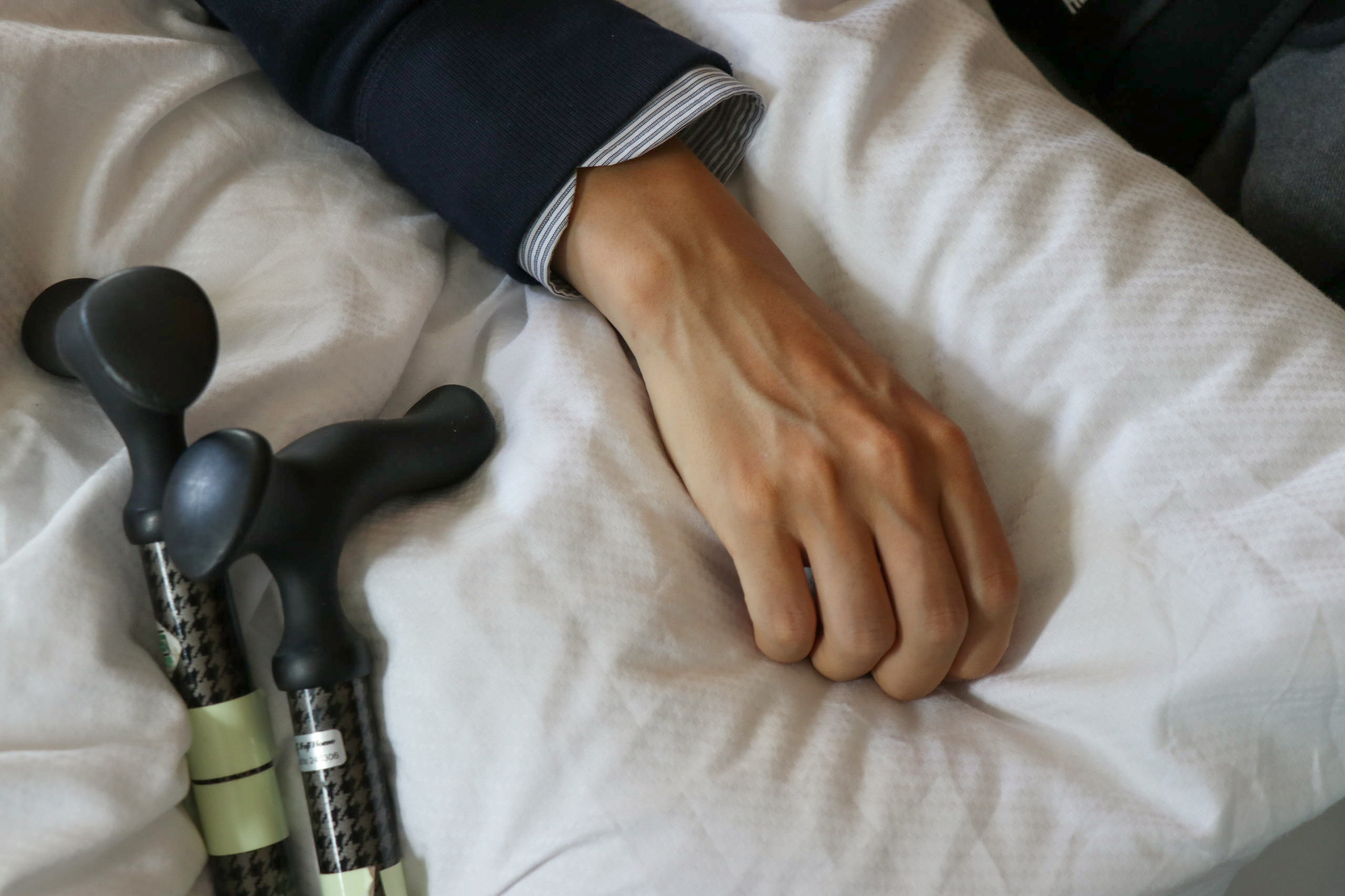
September
1,300
In our most-read non-Covid story of the year, we accompanied a 40-year-old Japanese man through his final moments at an assisted suicide organisation in Basel. Assisted suicide is illegal in Japan, so Yoshi, who had motor neurone disease, made a painful 12-hour flight to Switzerland with his parents. Around 1,300 seriously ill or disabled people end their lives in Switzerland each year.
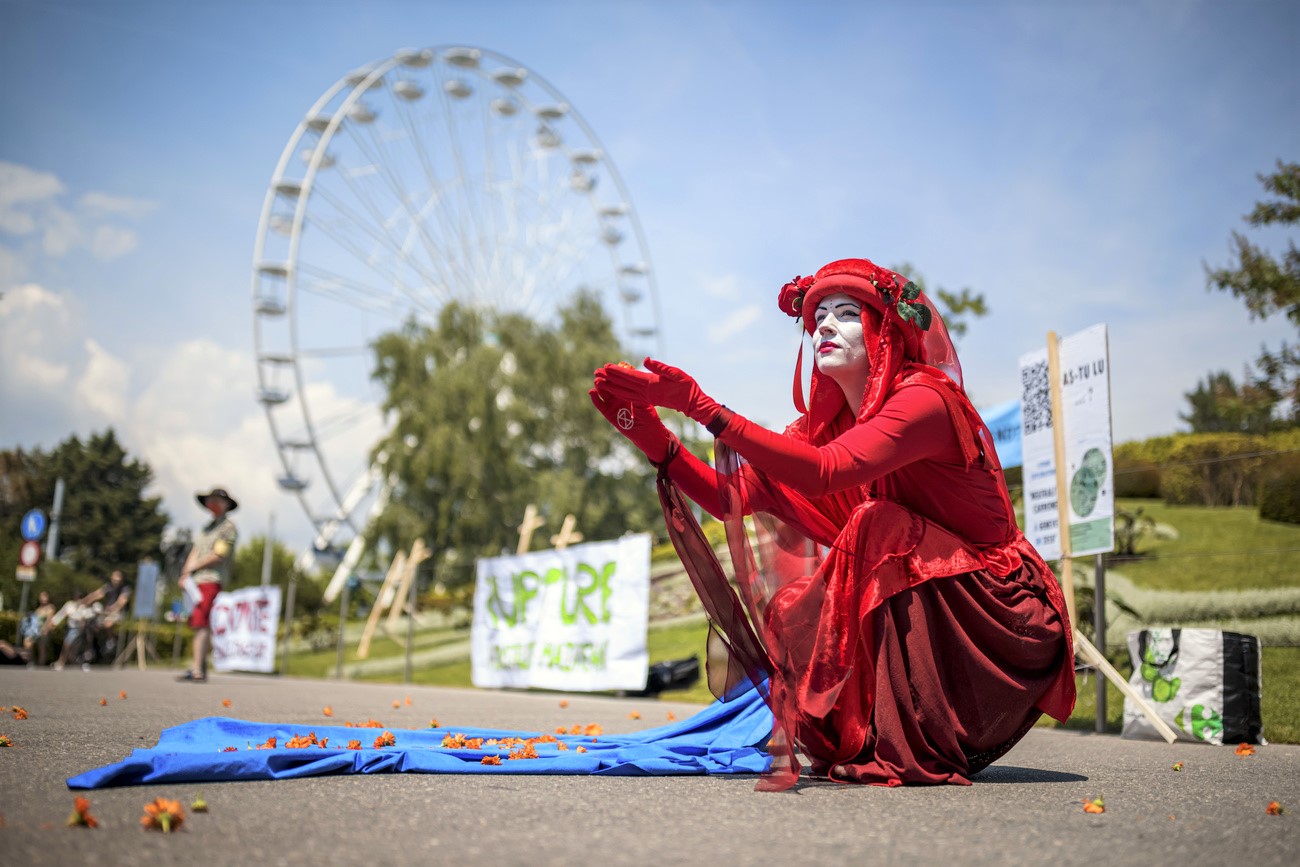
October
26
The global media spotlight swivelled to Glasgow at the end of October for the UN climate change conference COP26. Switzerland pushed for all countries to commit to limiting global warming to 1.5°C compared with pre-industrial levels, but after Swiss voters rejected a new CO2 law in June, some people detected a whiff of hypocrisy and told Switzerland to get its own house in order before lecturing others. At the end of the conference our climate journalists’ verdict was “too much talk, not enough action – including by Switzerland”.

November
35
How does it feel to live in the country that holds the most referendums in the world without being able to vote? Around 35% of Switzerland’s resident population aren’t allowed to vote at a national level. What does this mean for the country’s unique brand of direct democracy? Our data journalist crunched the numbers and spoke to people who have been directly affected.

December
70,000,000
We started the year with salt, let’s end with the sweet stuff. Switzerland’s sugar industry costs taxpayers around CHF70 million a year in government subsidies. We visited the country’s largest sugar factory and examined the arguments for and against state intervention.
Happy New Year!

More
Coronavirus: the latest numbers

In compliance with the JTI standards
More: SWI swissinfo.ch certified by the Journalism Trust Initiative









Join the conversation!